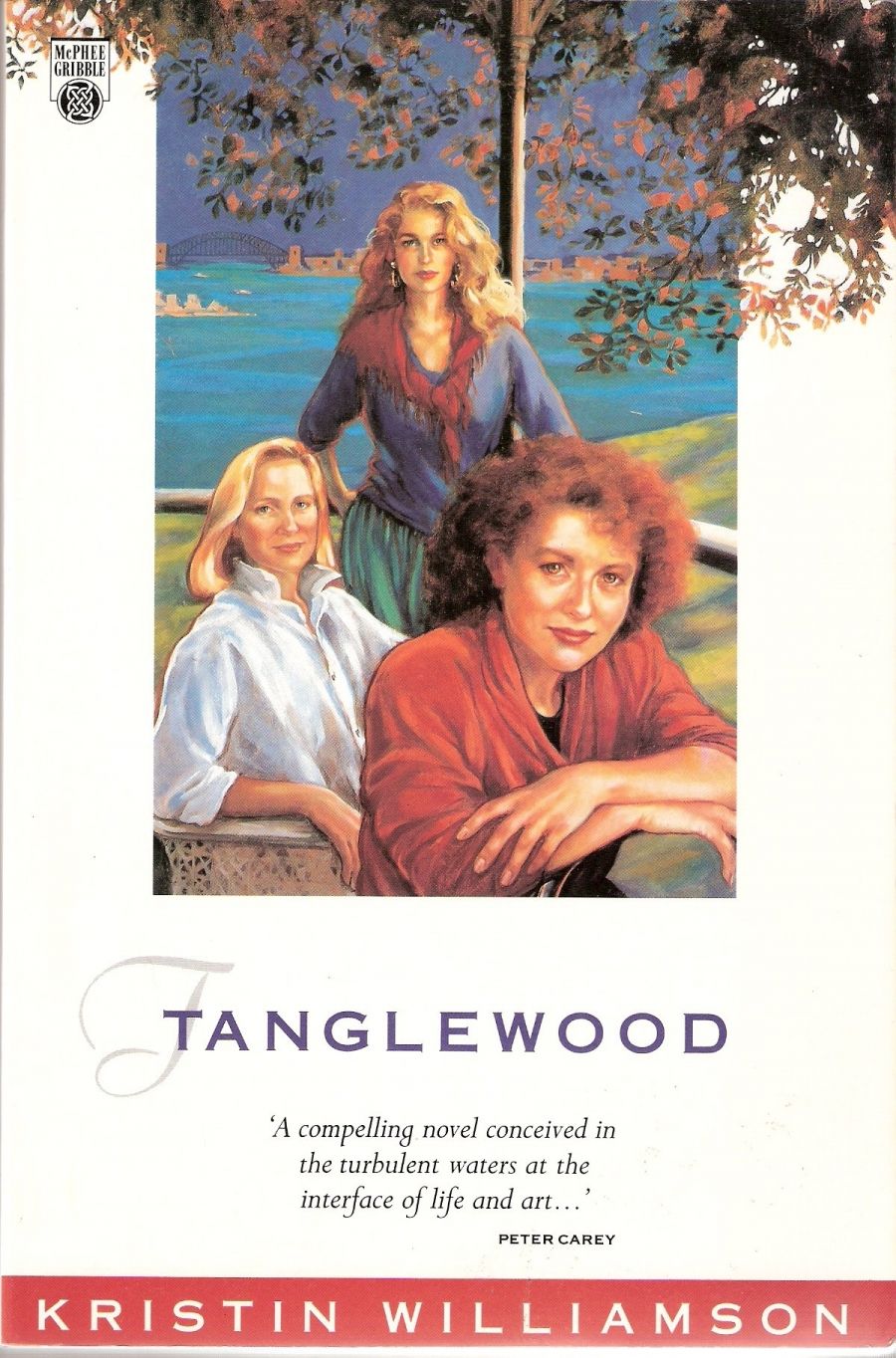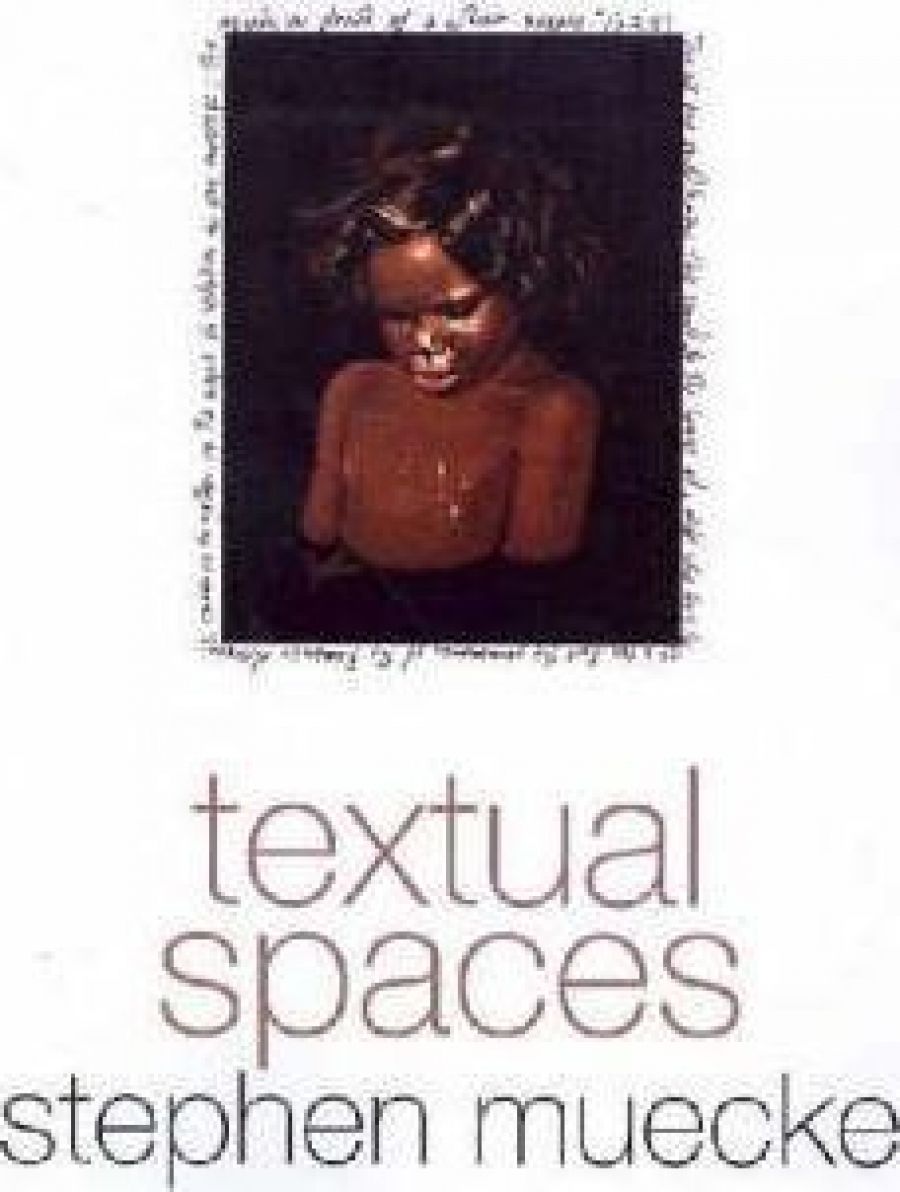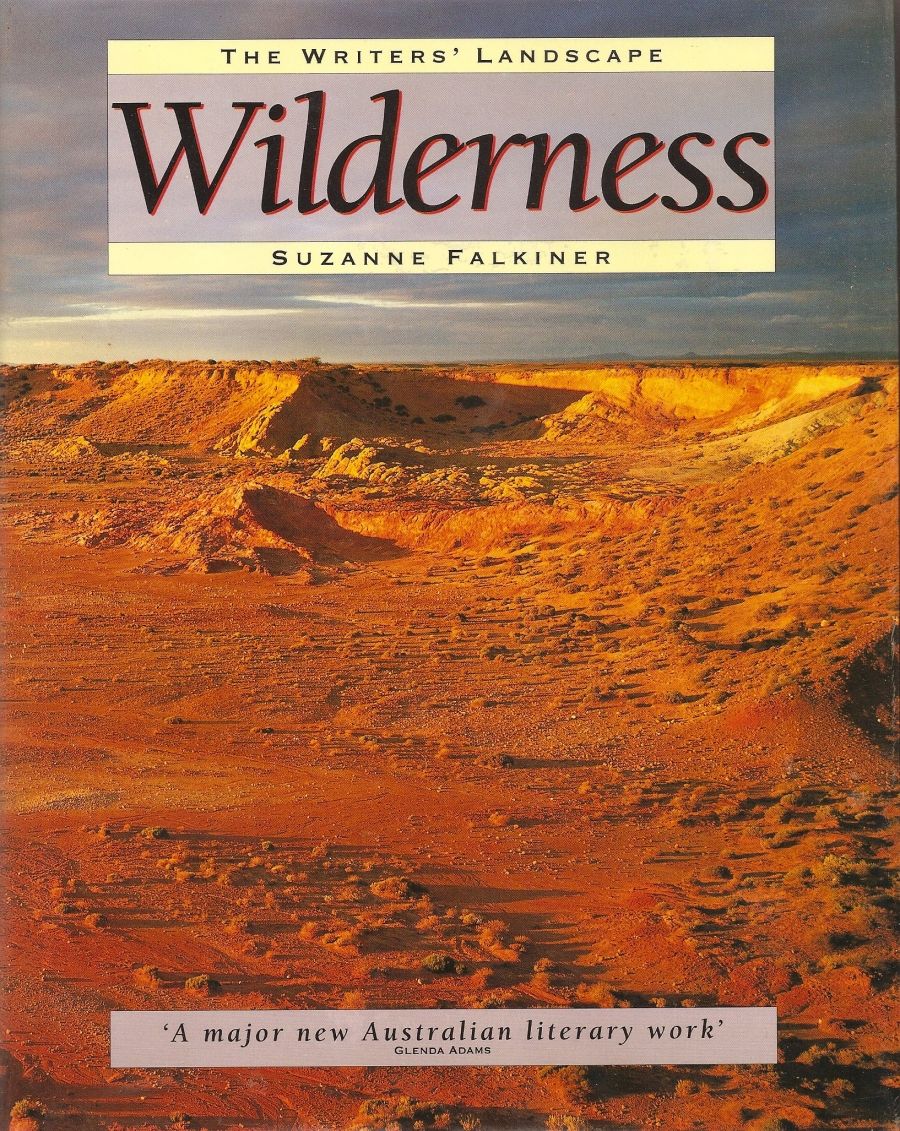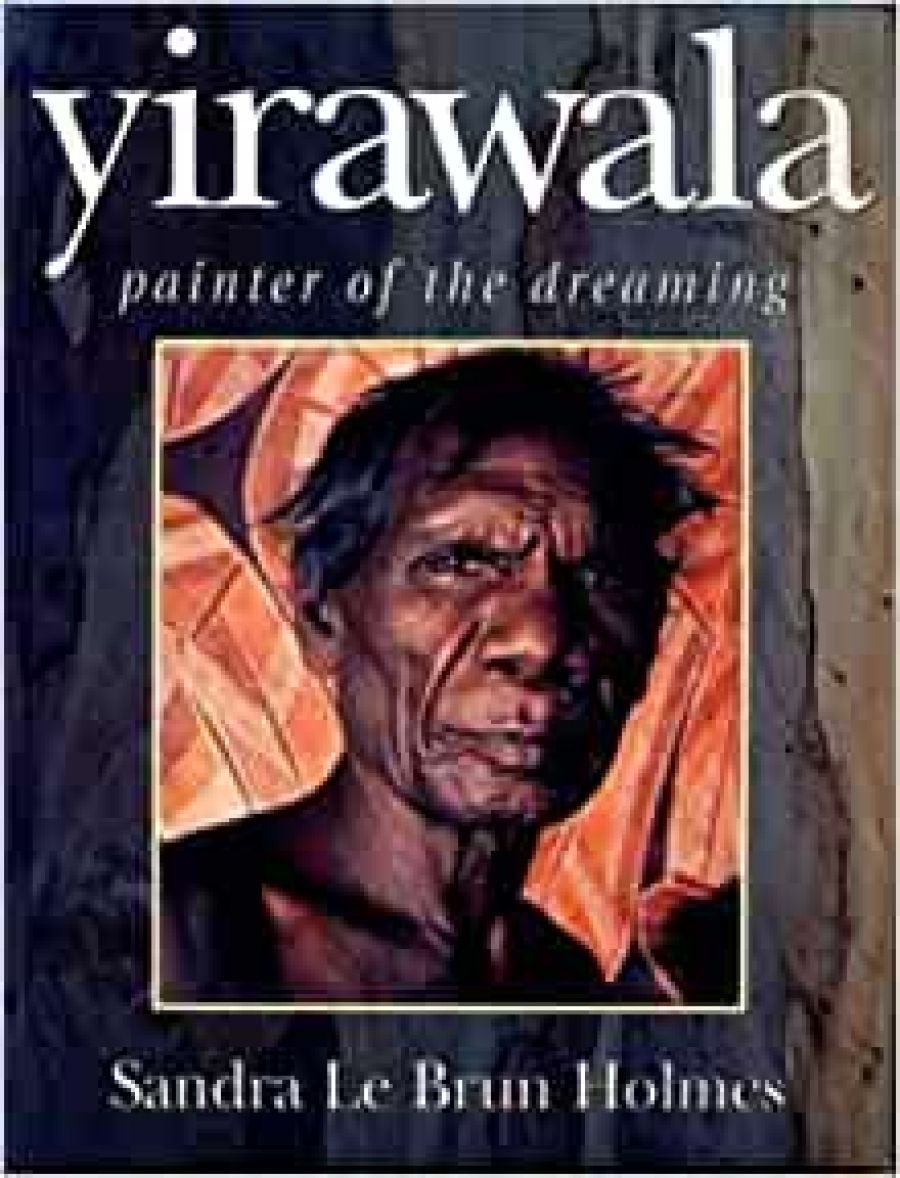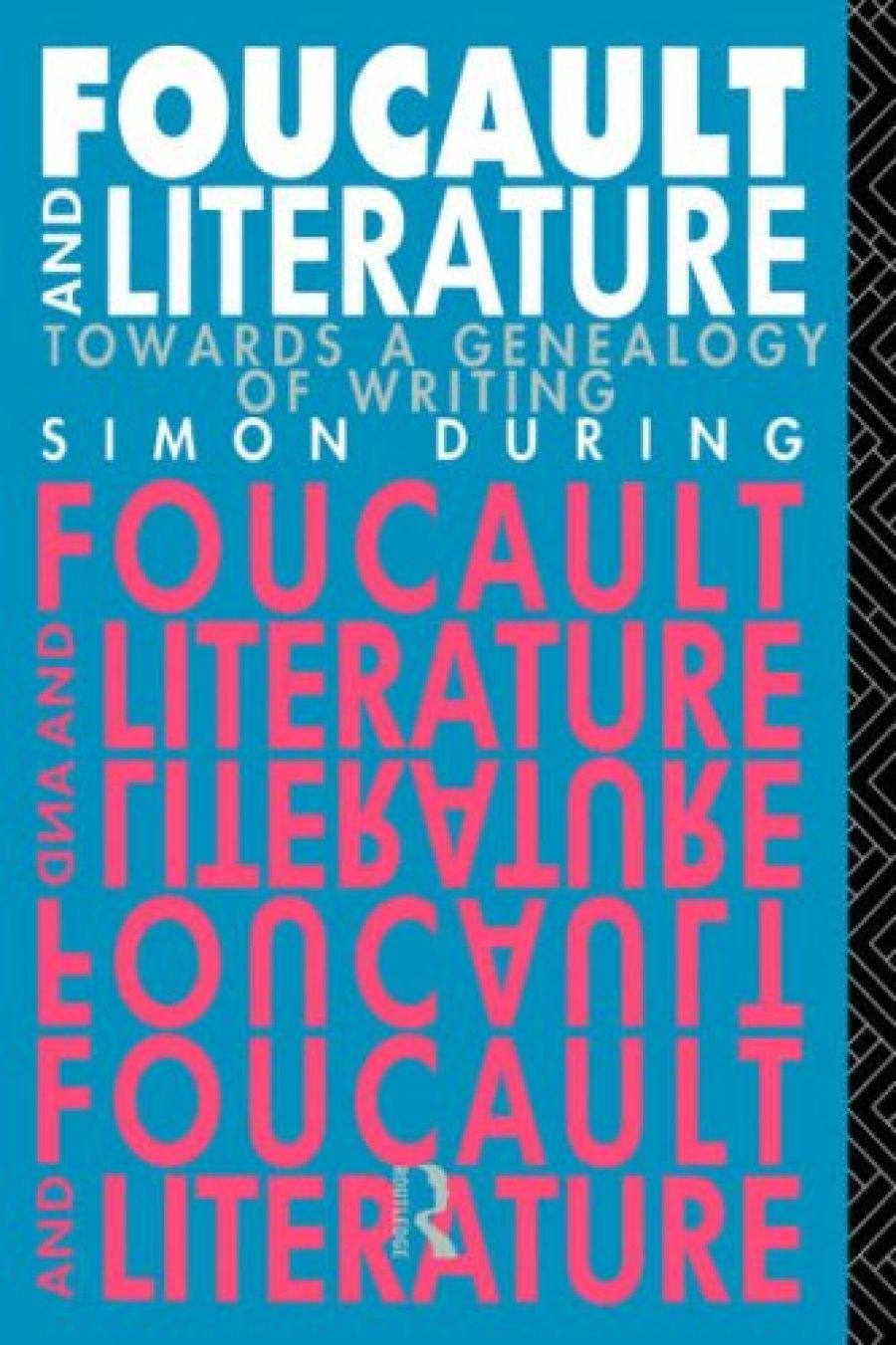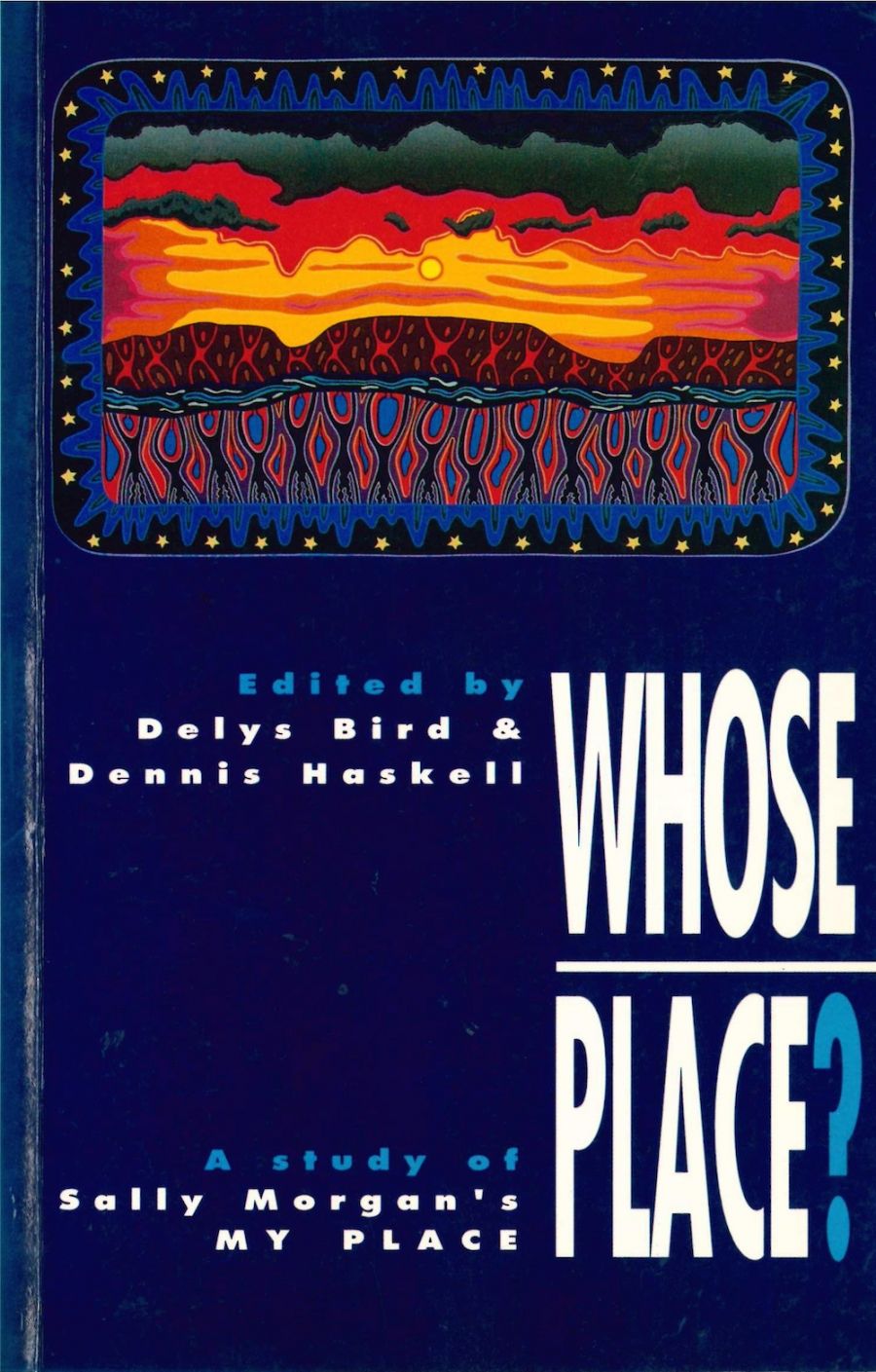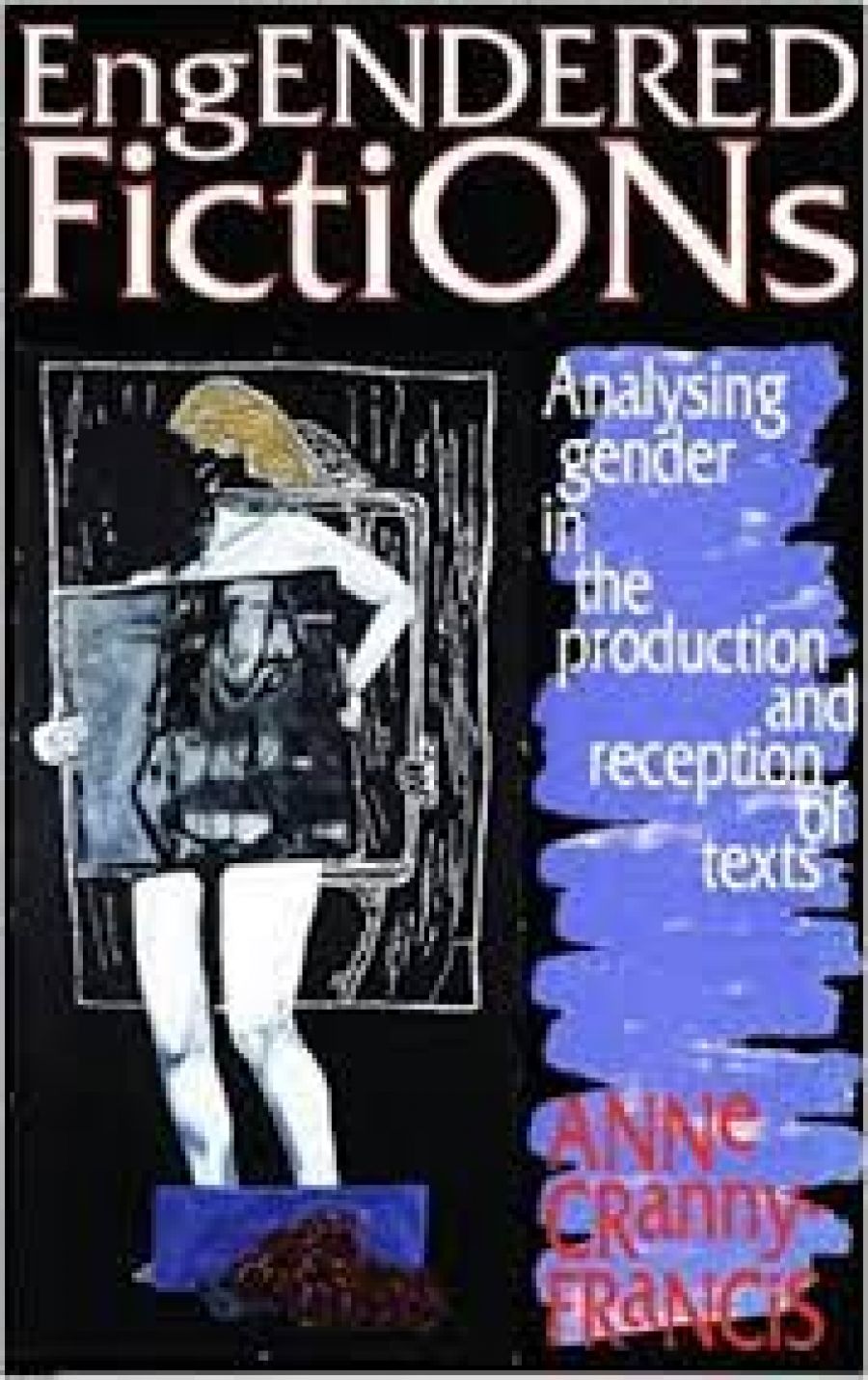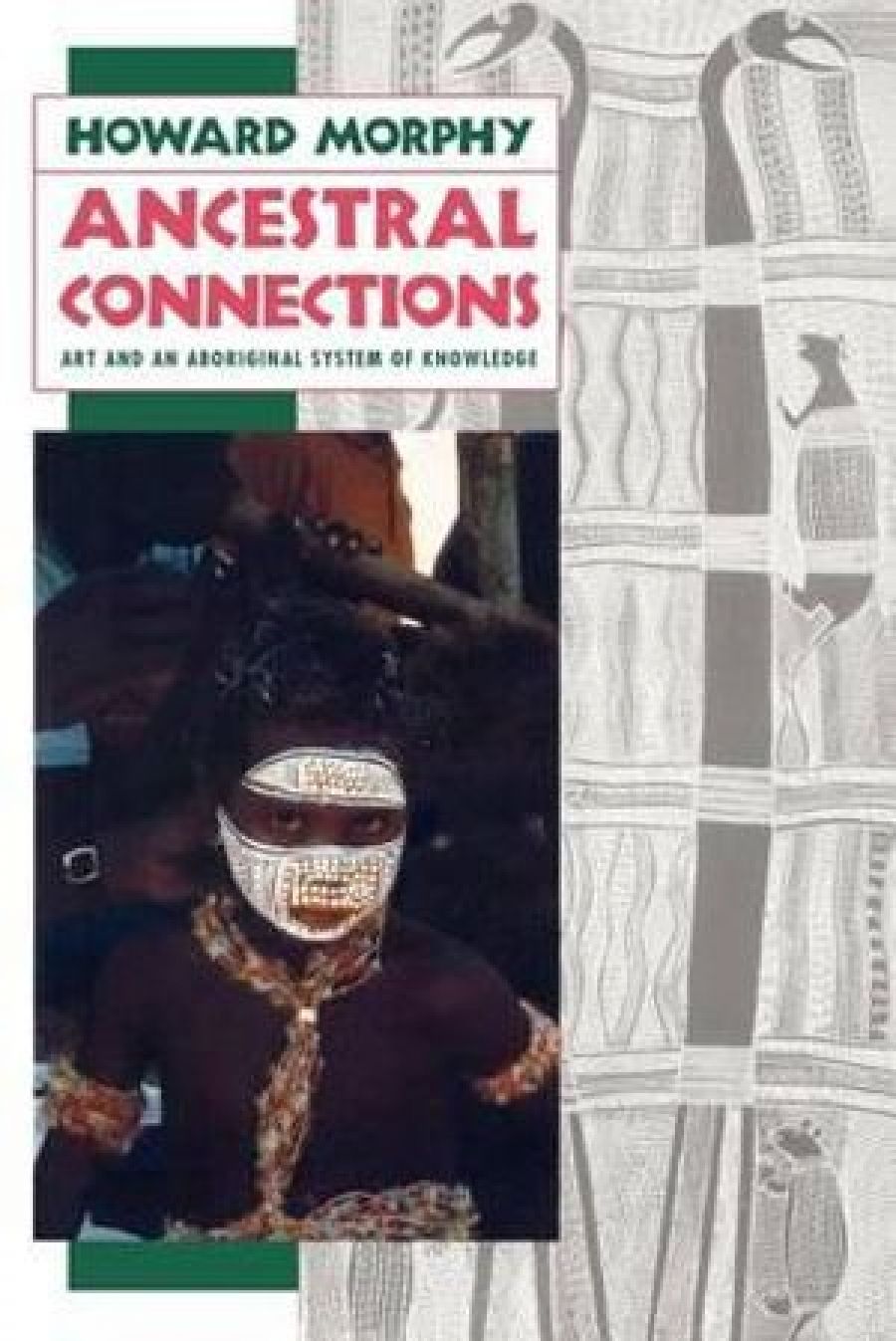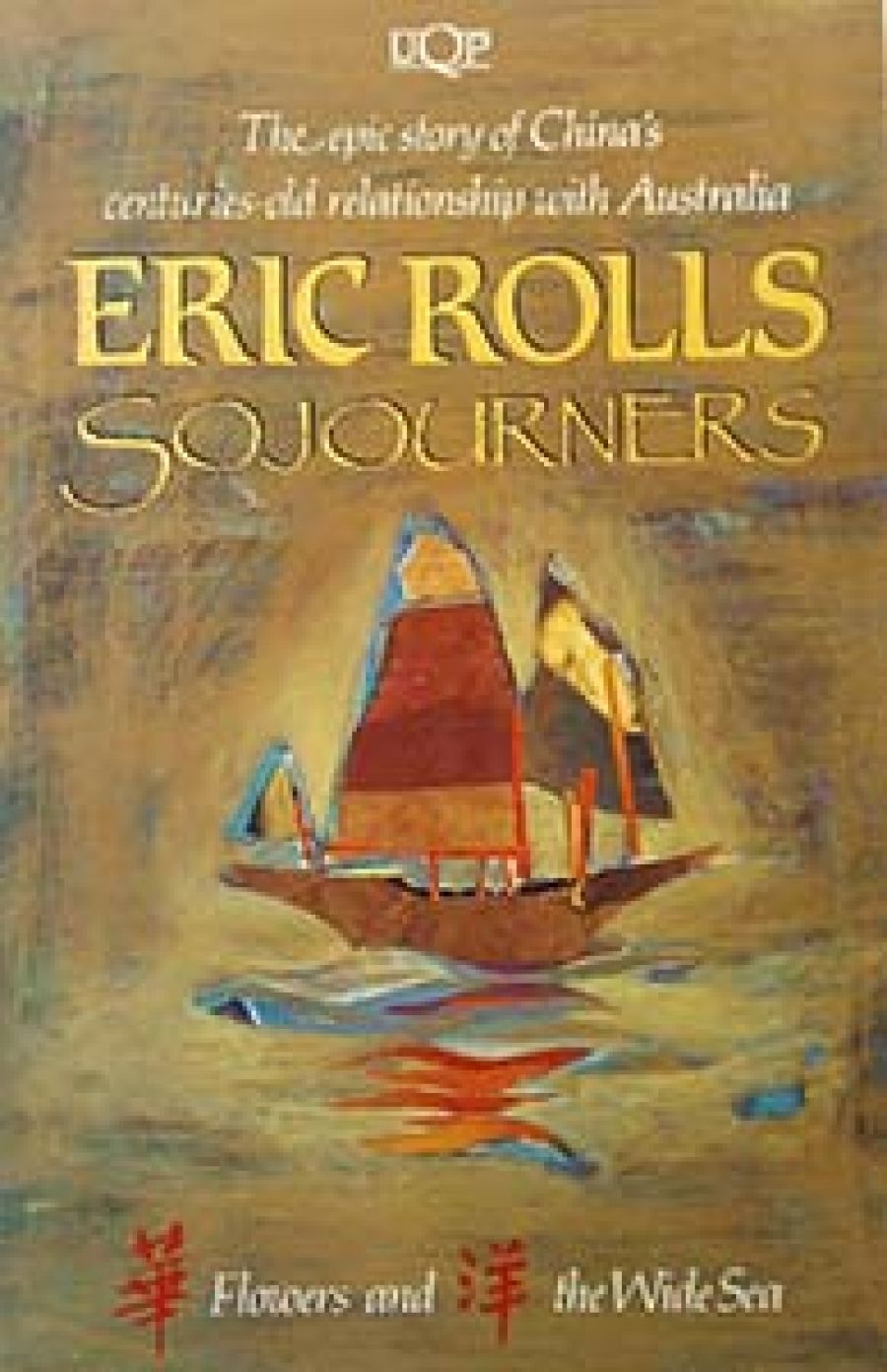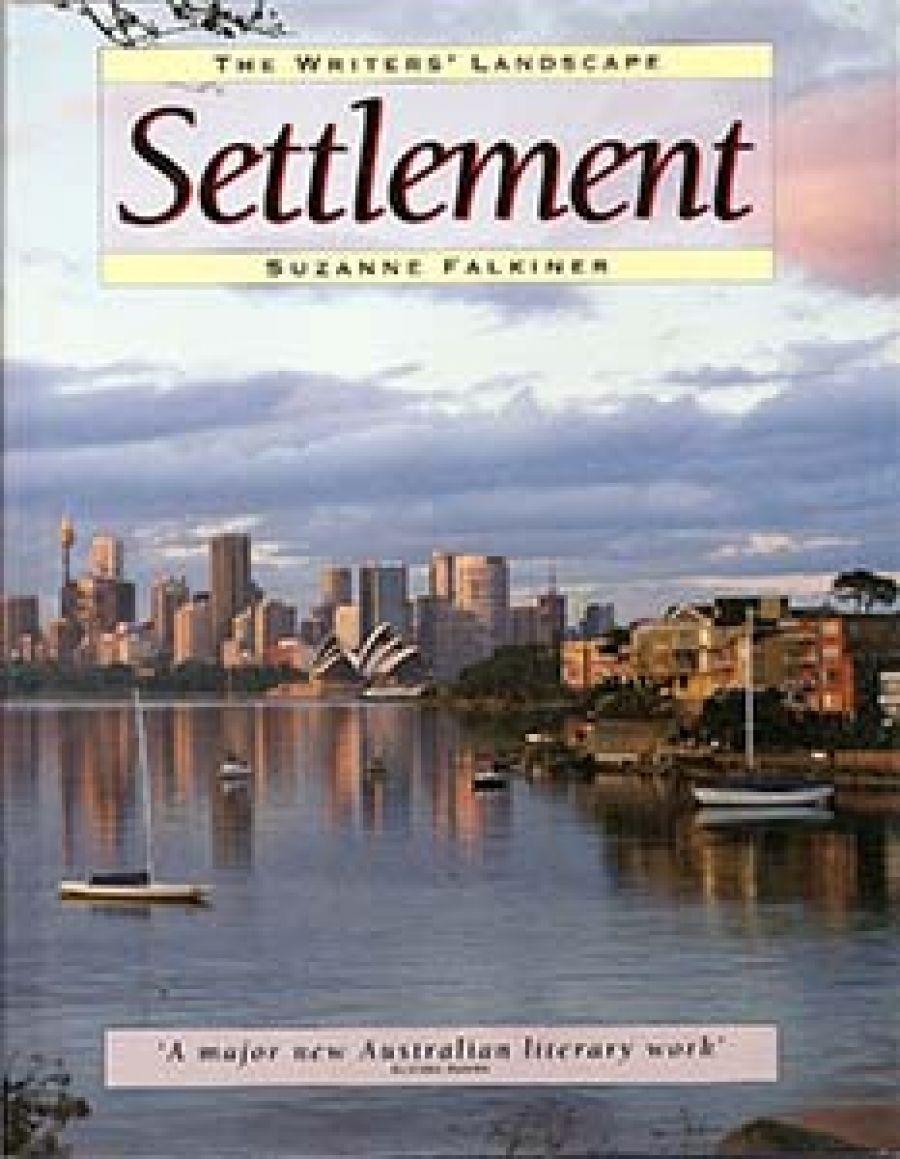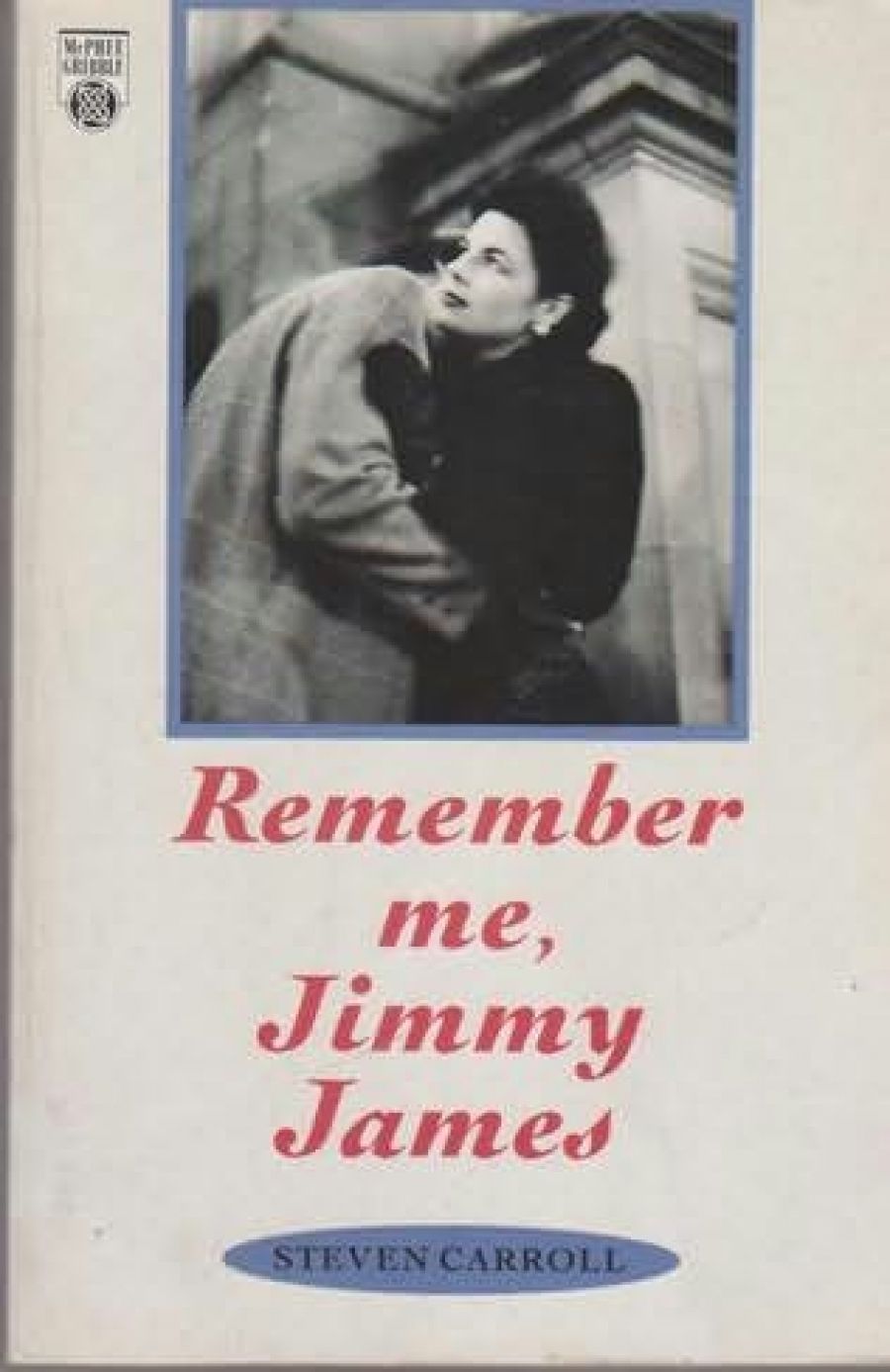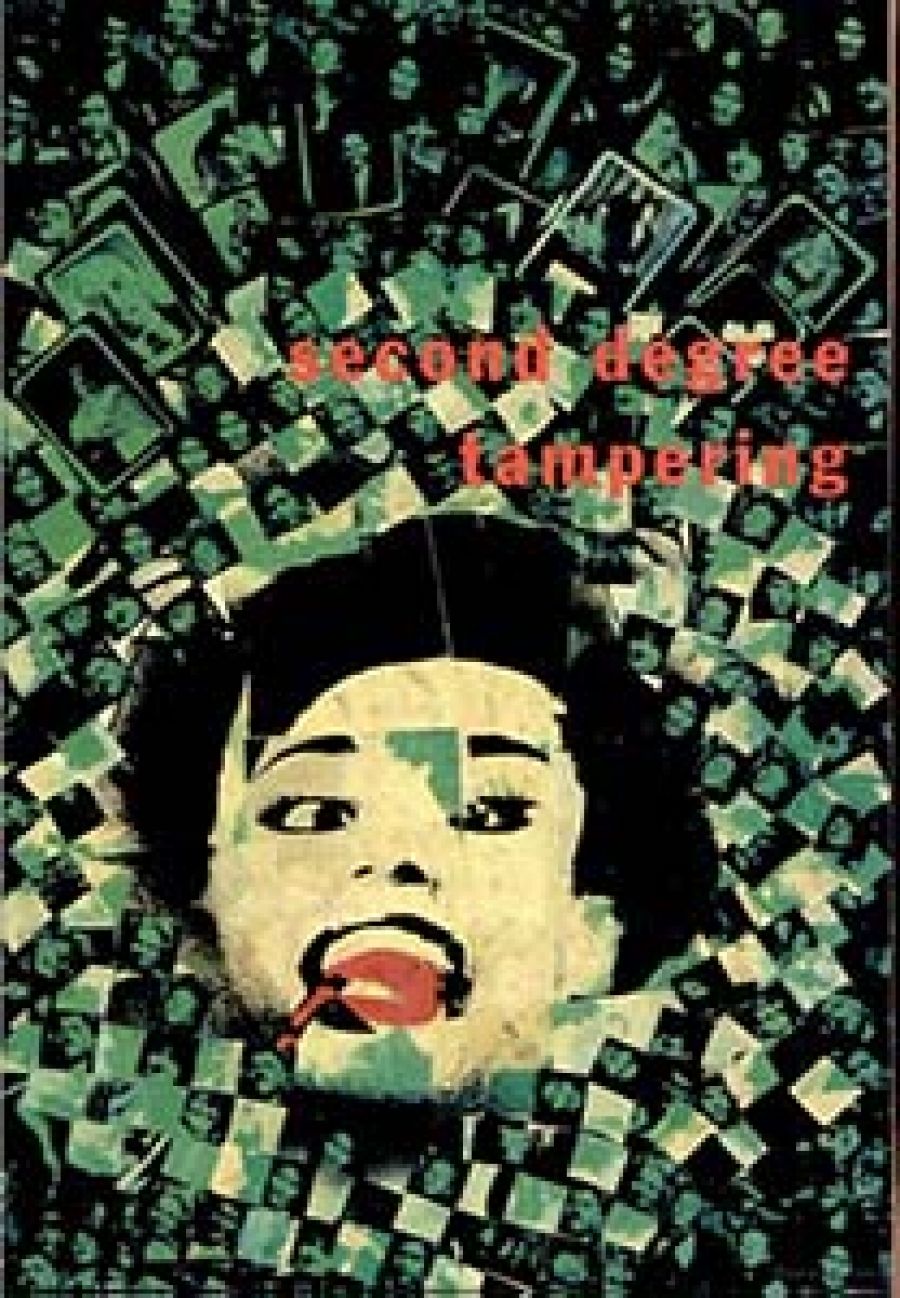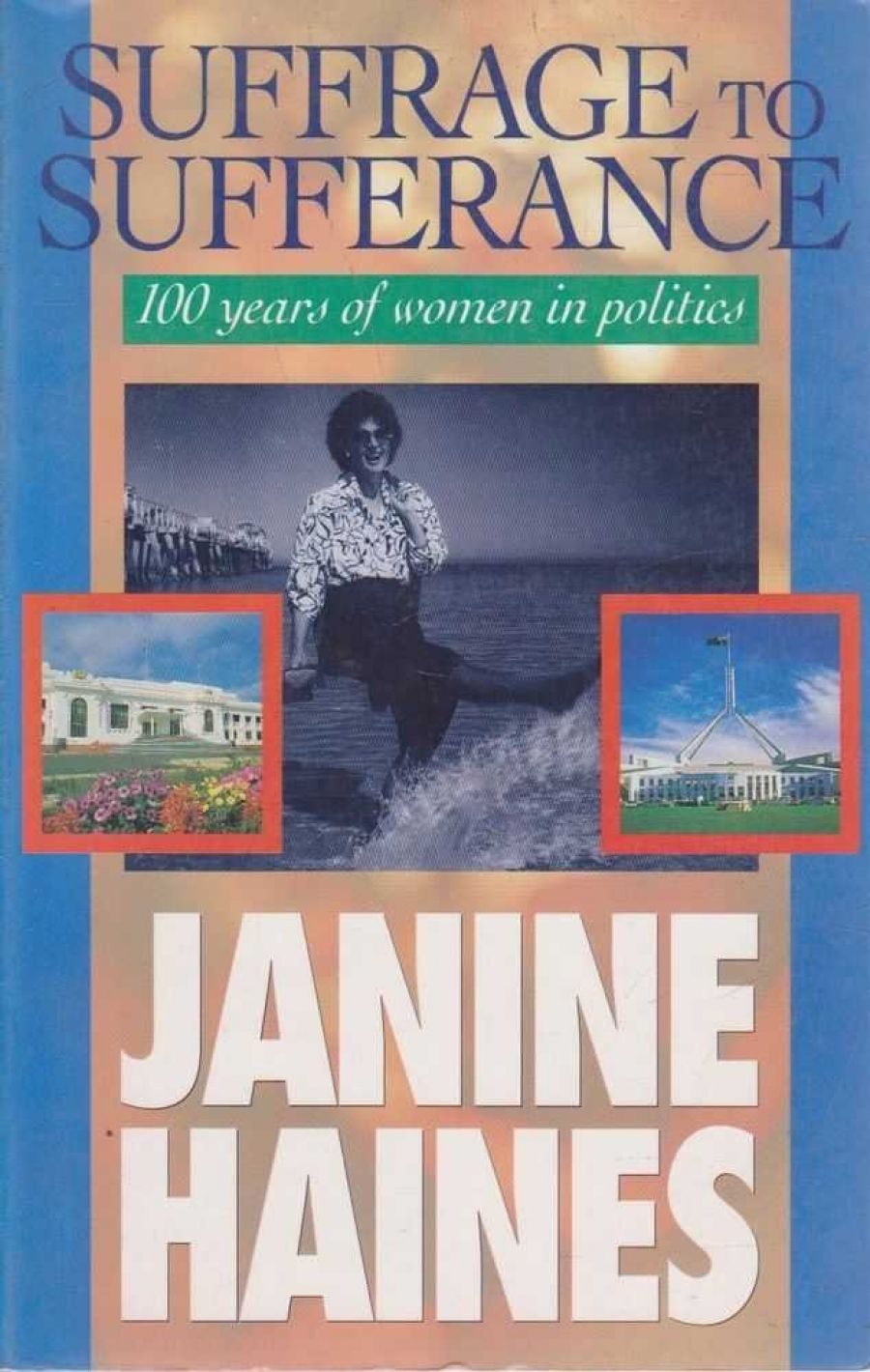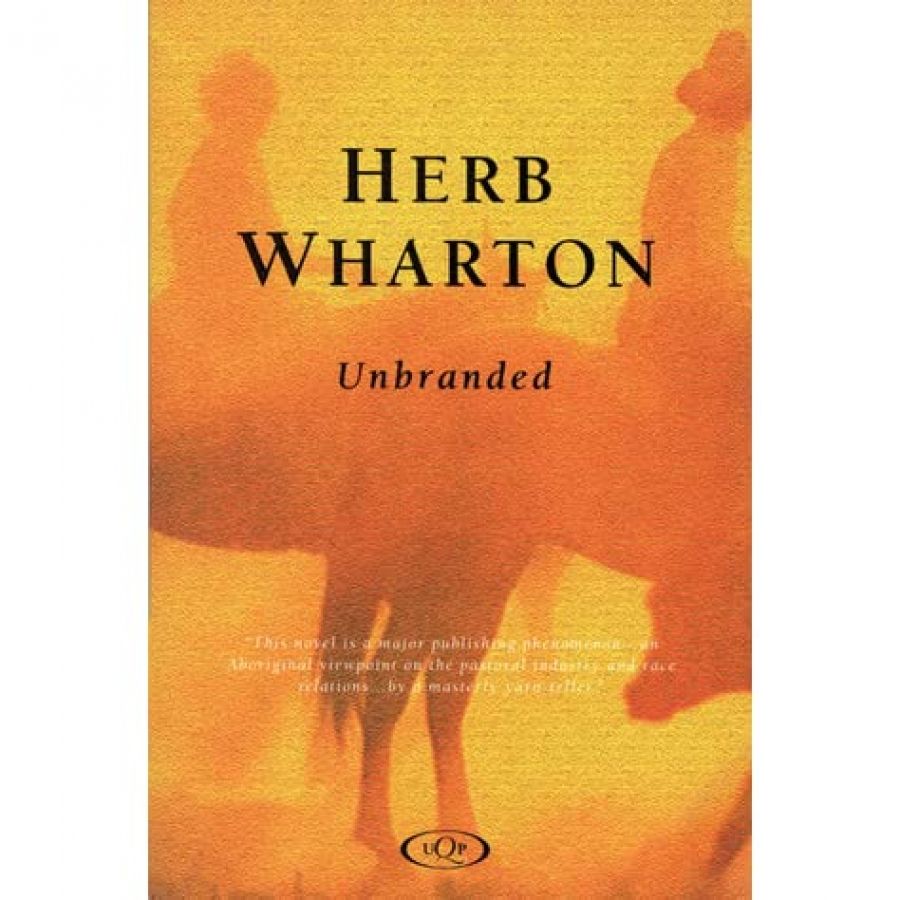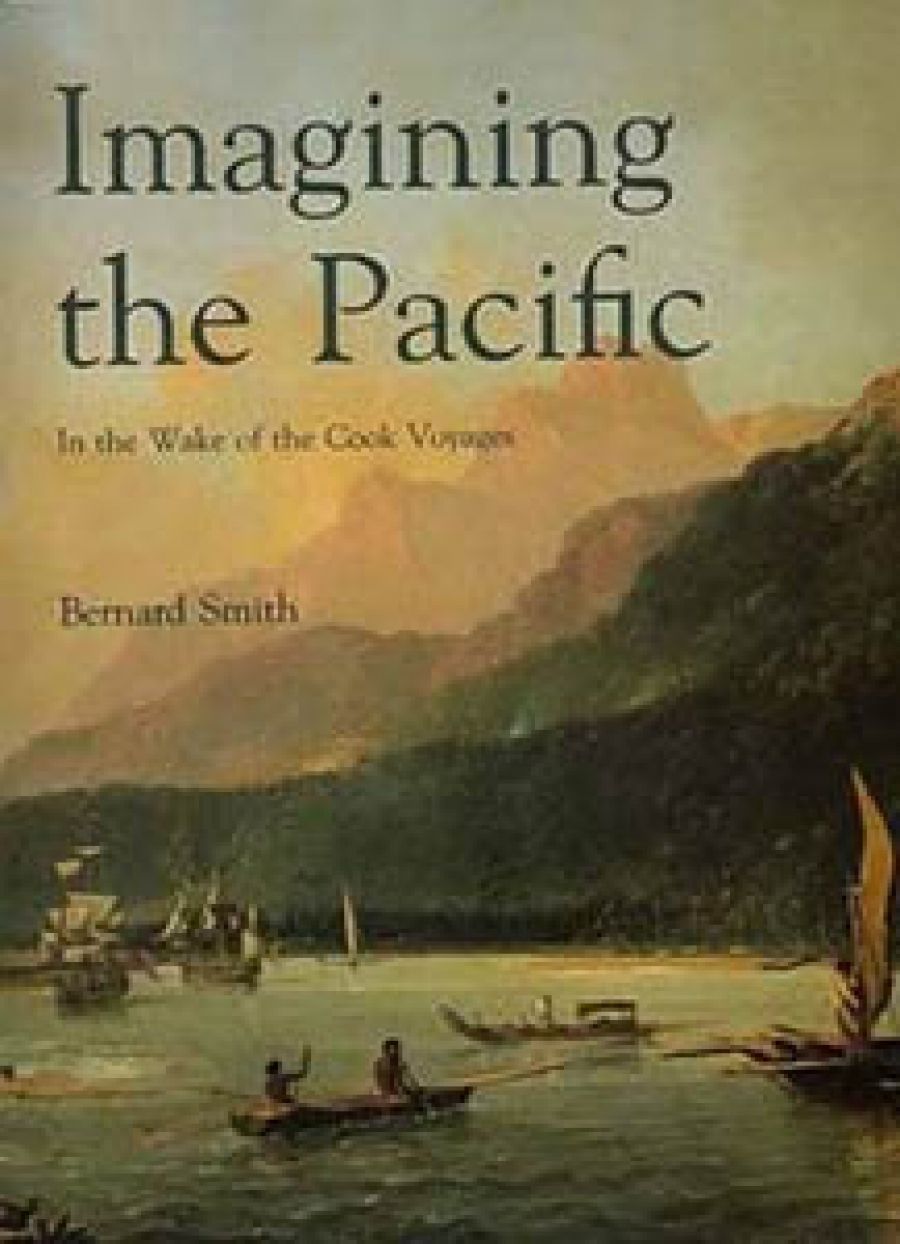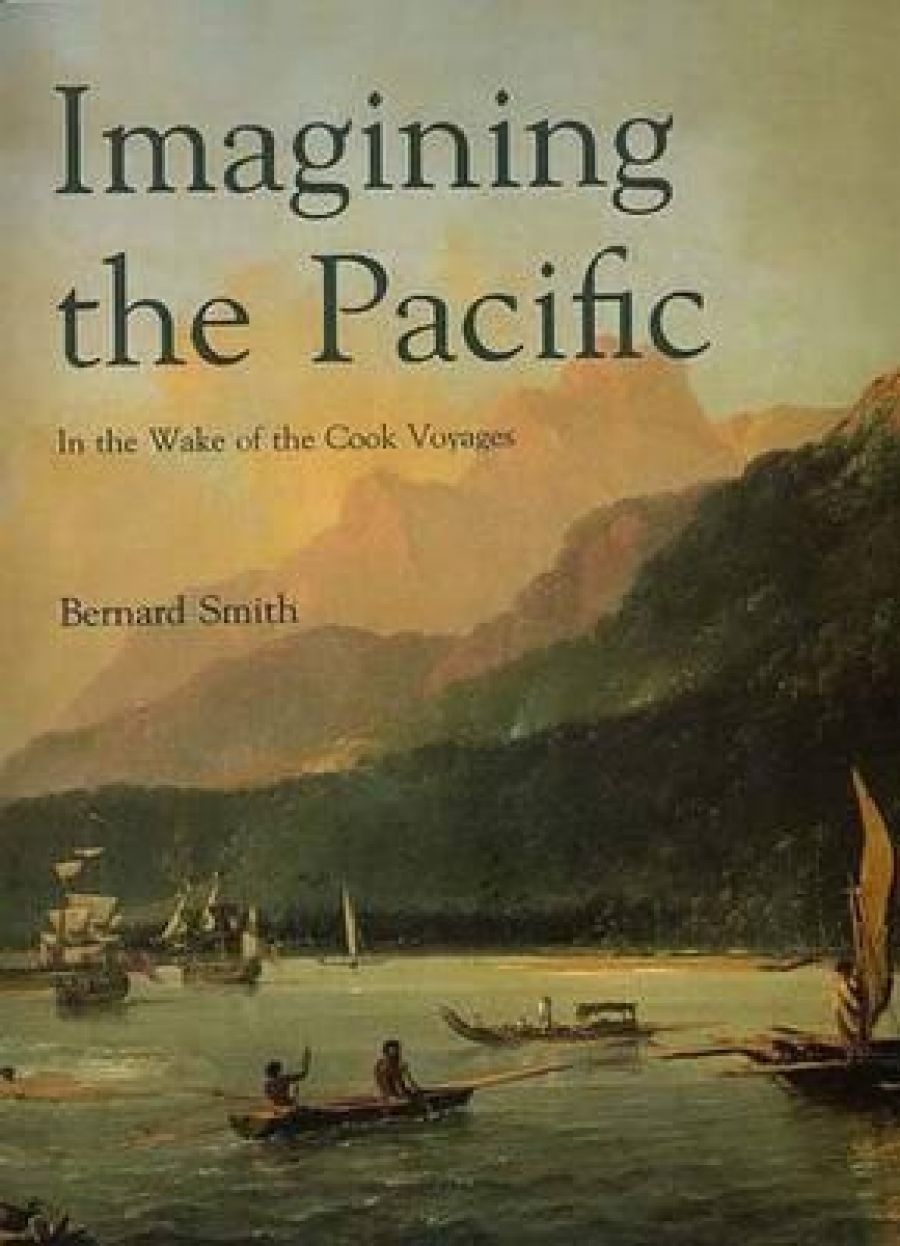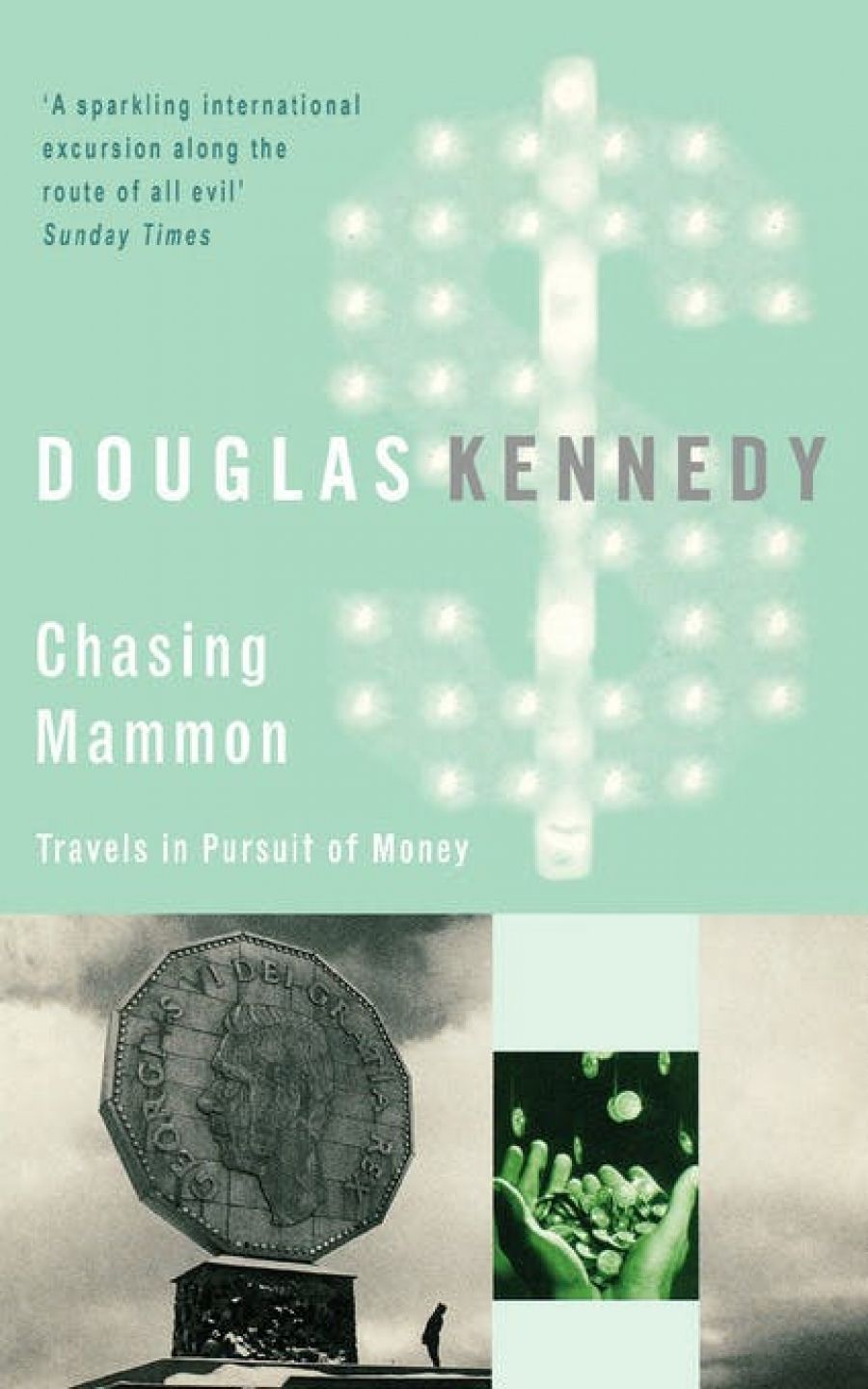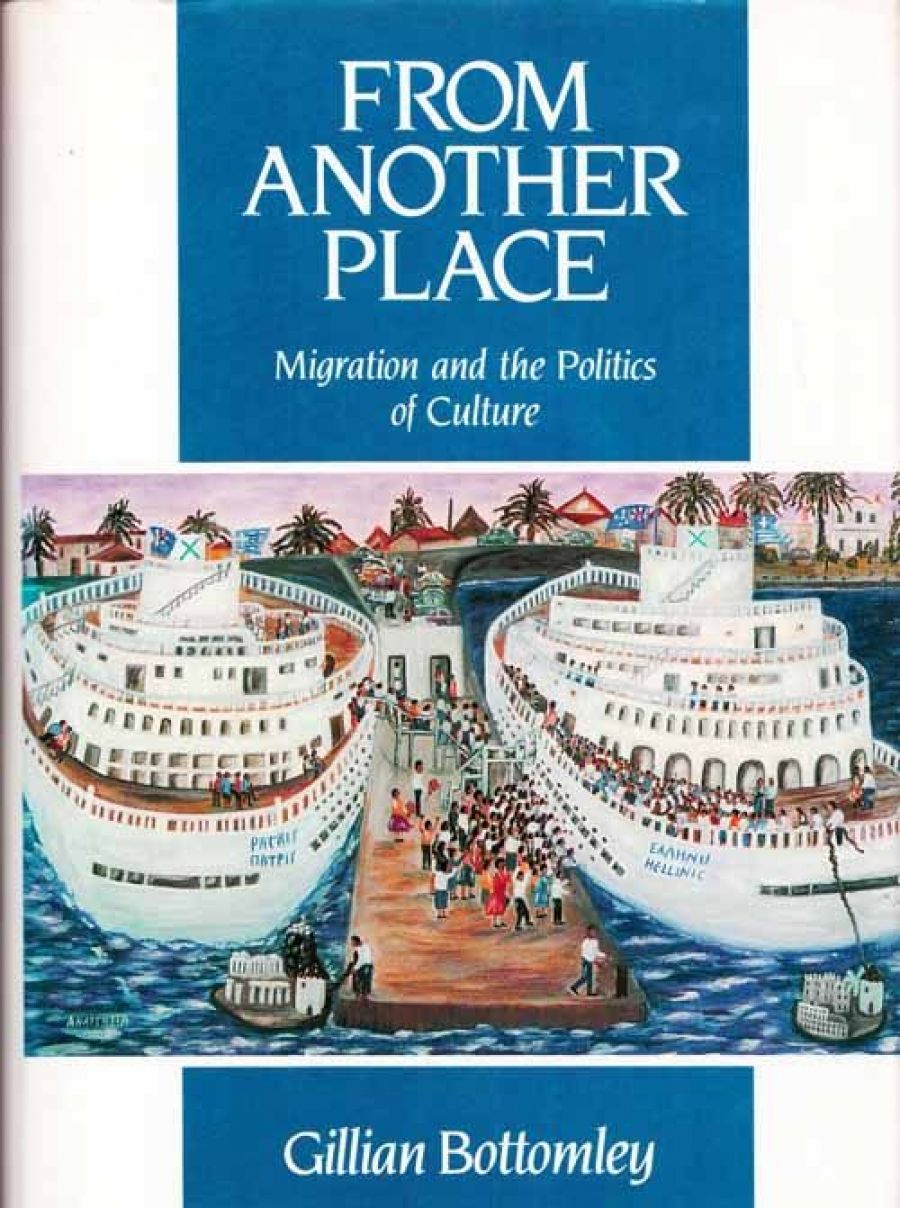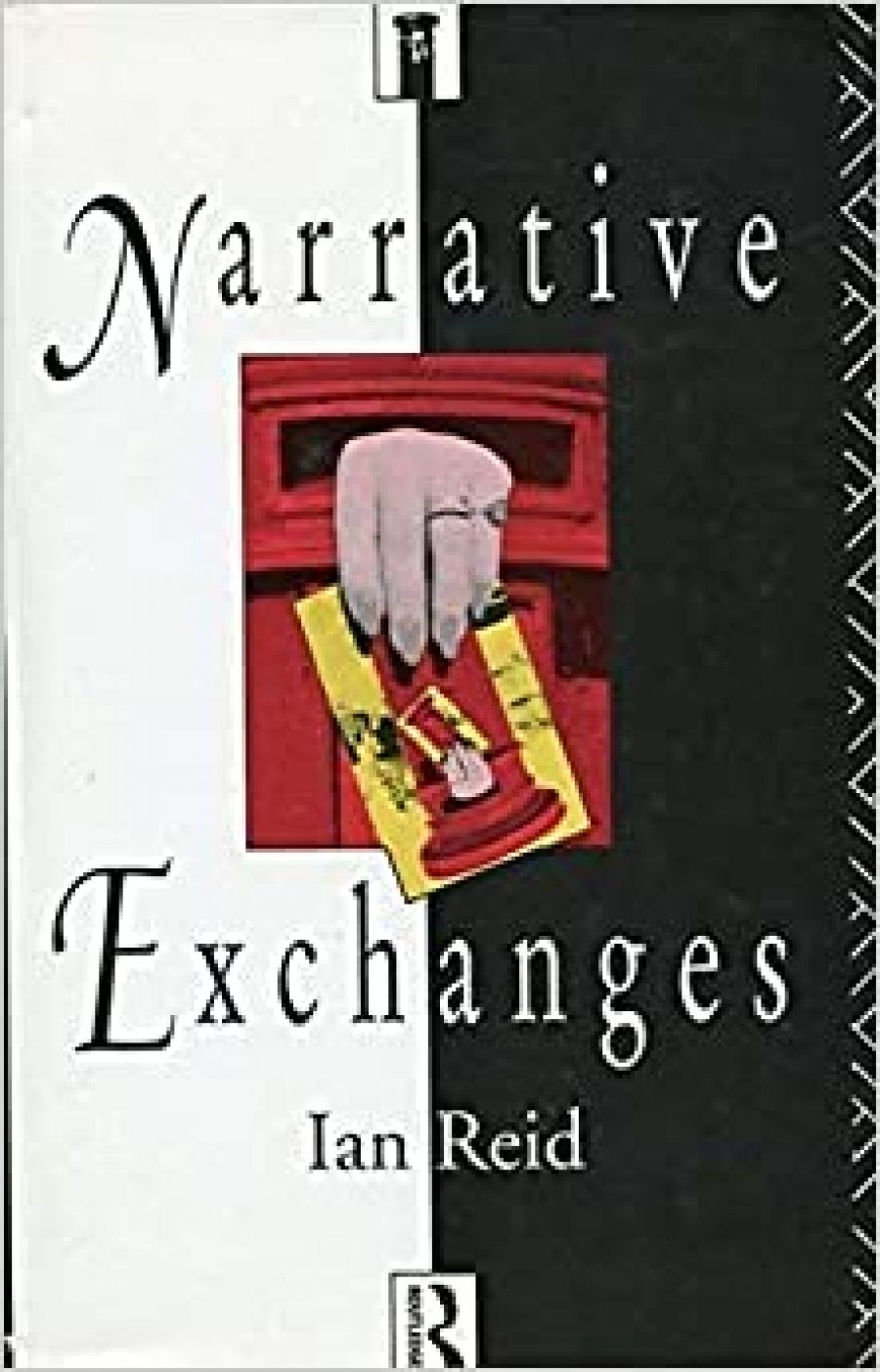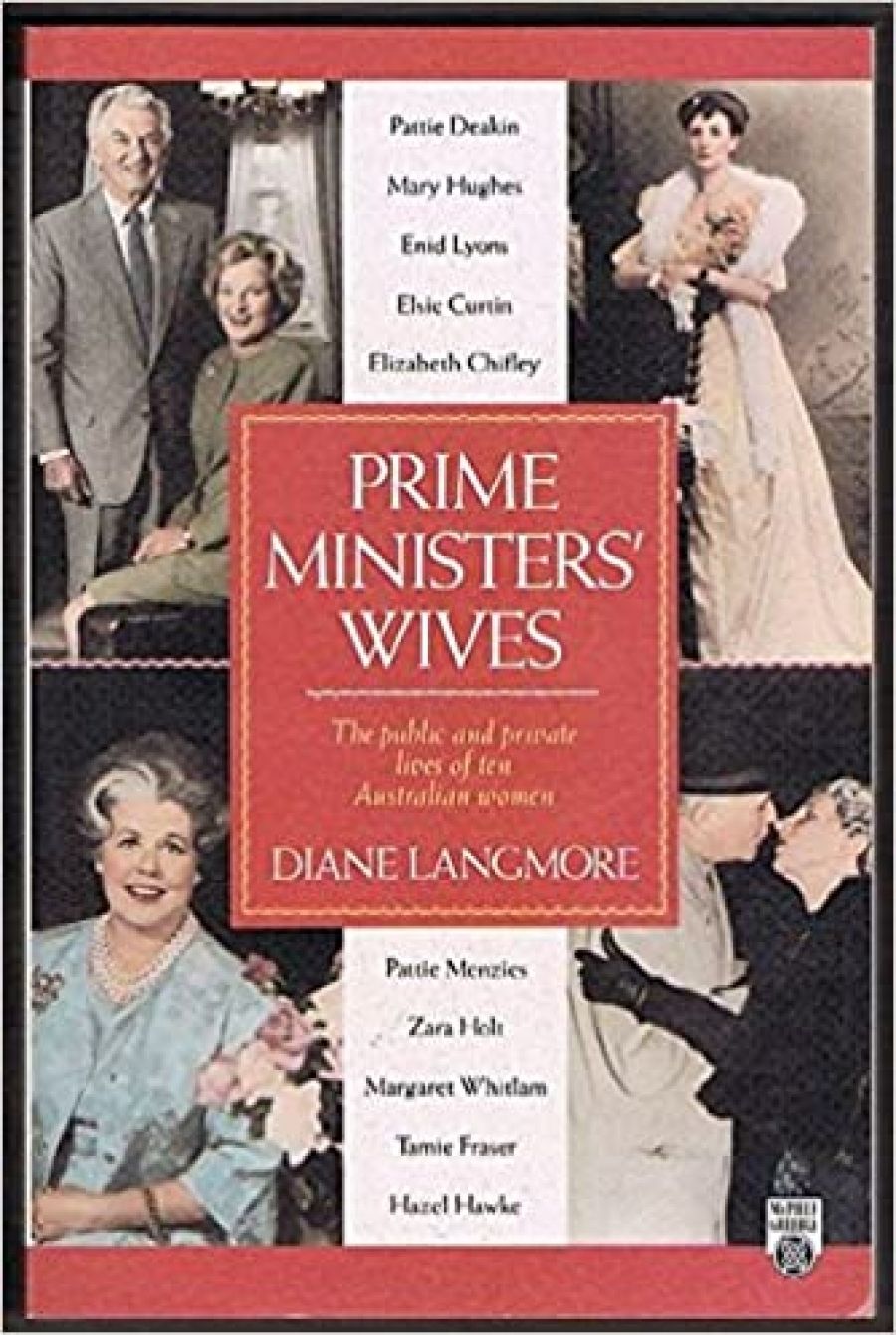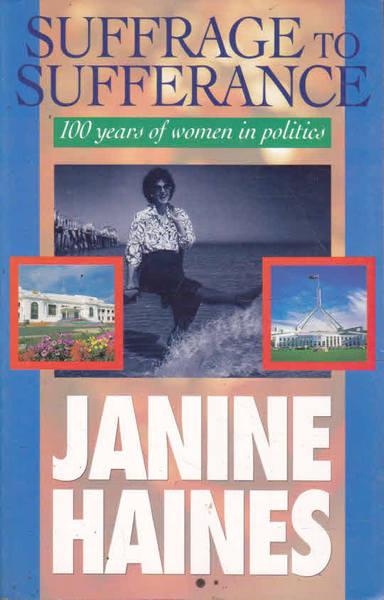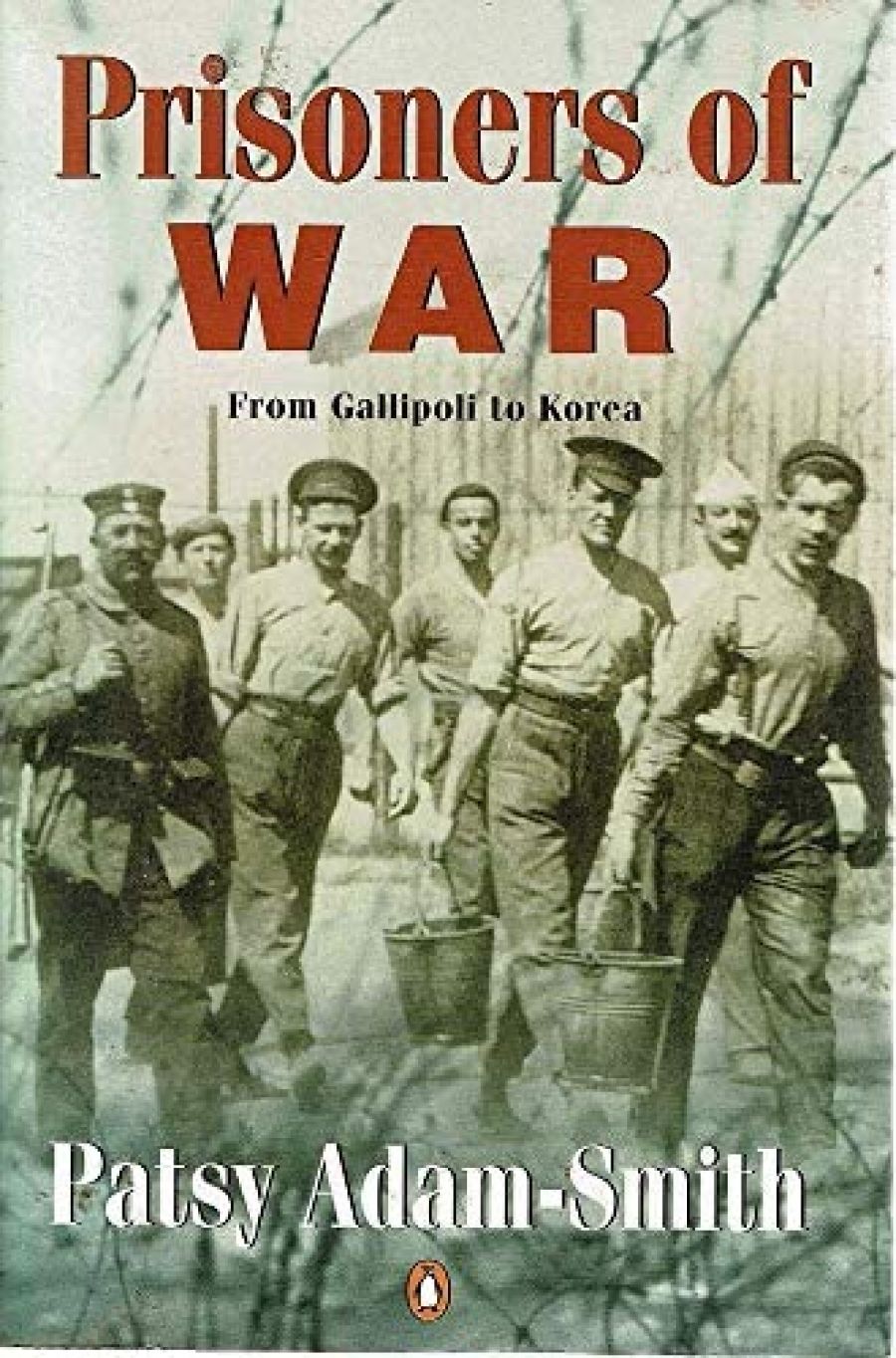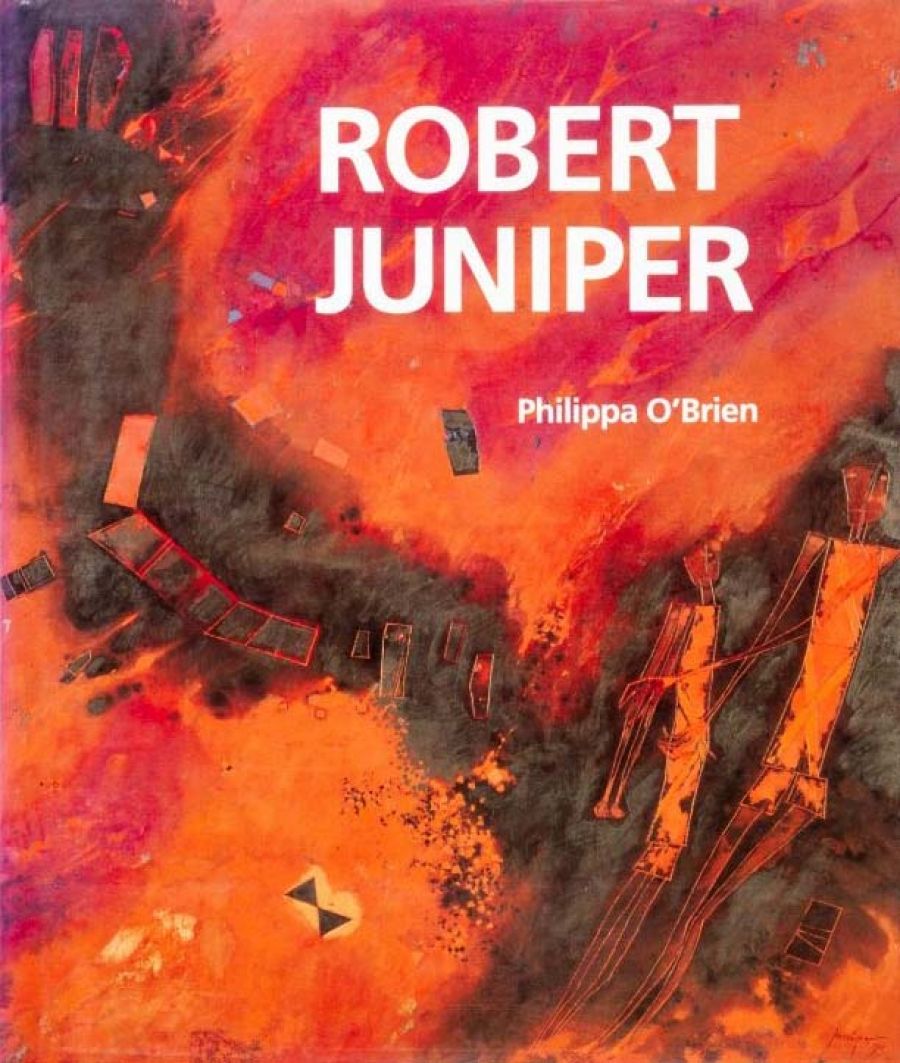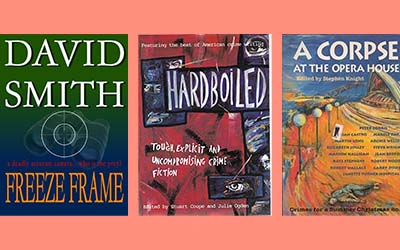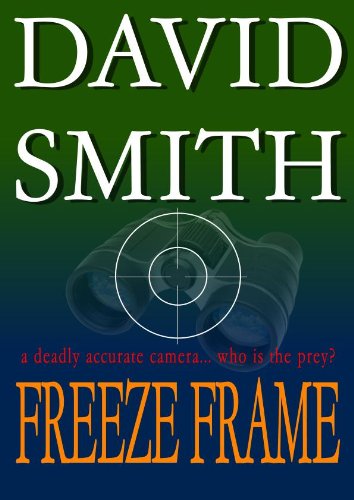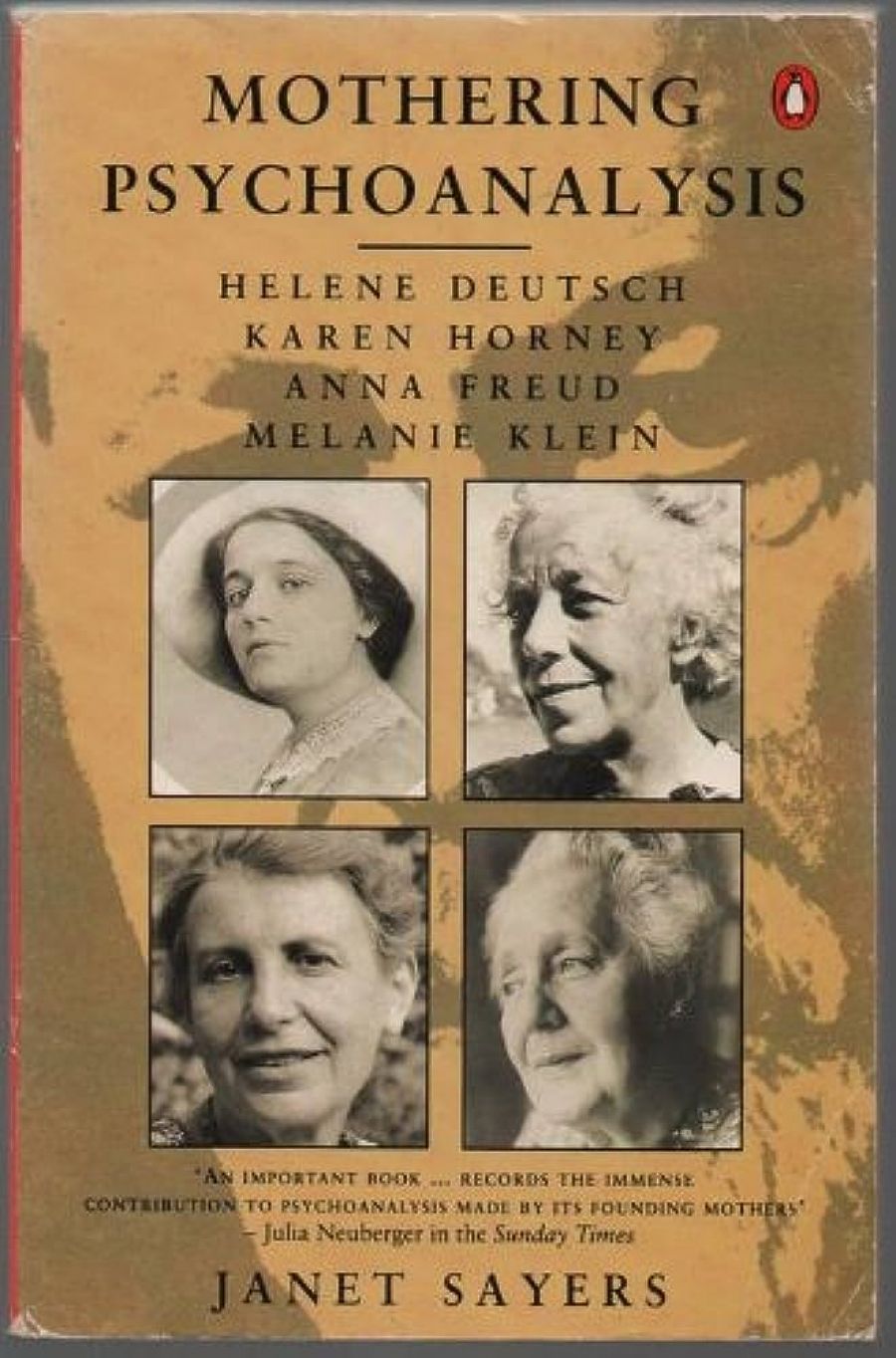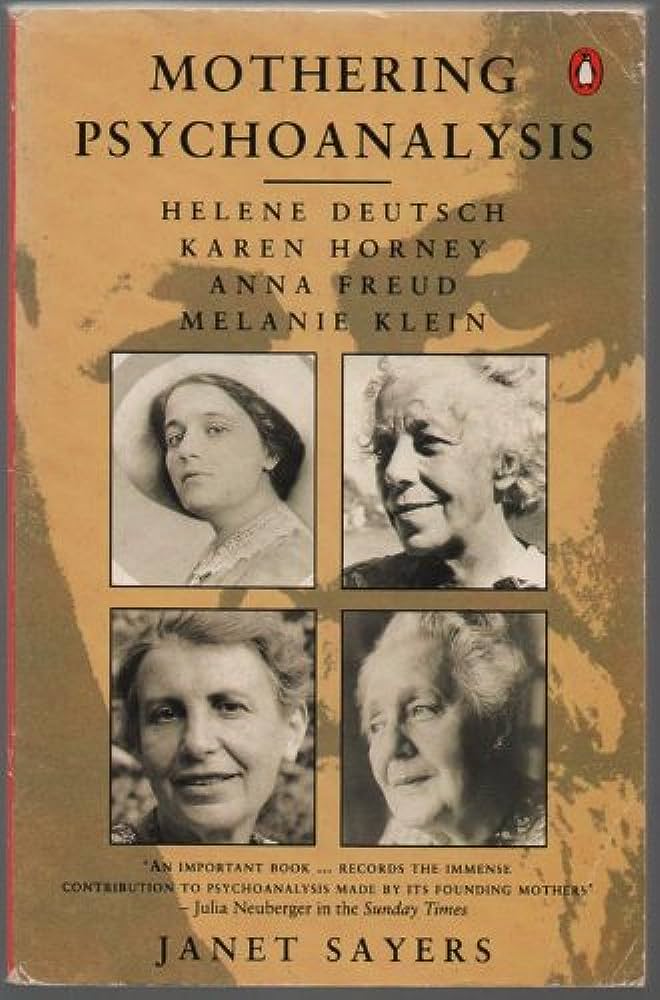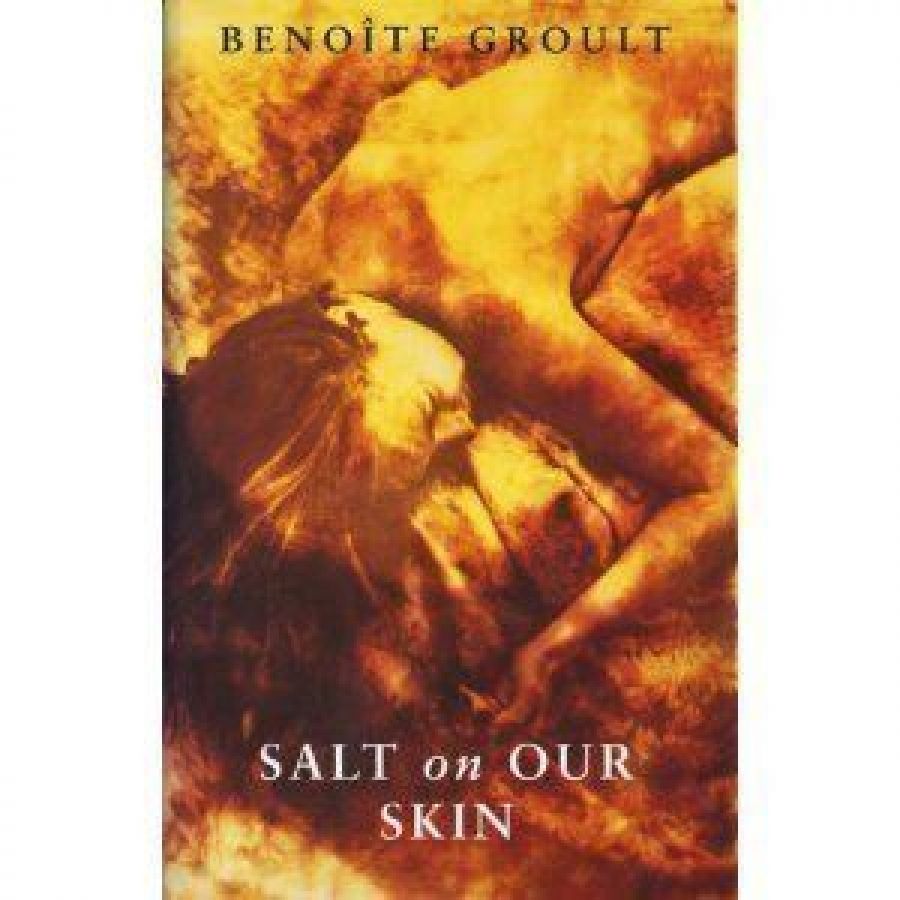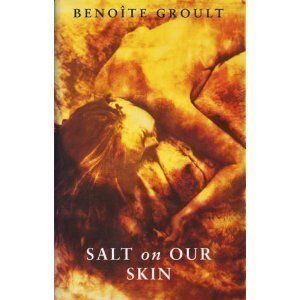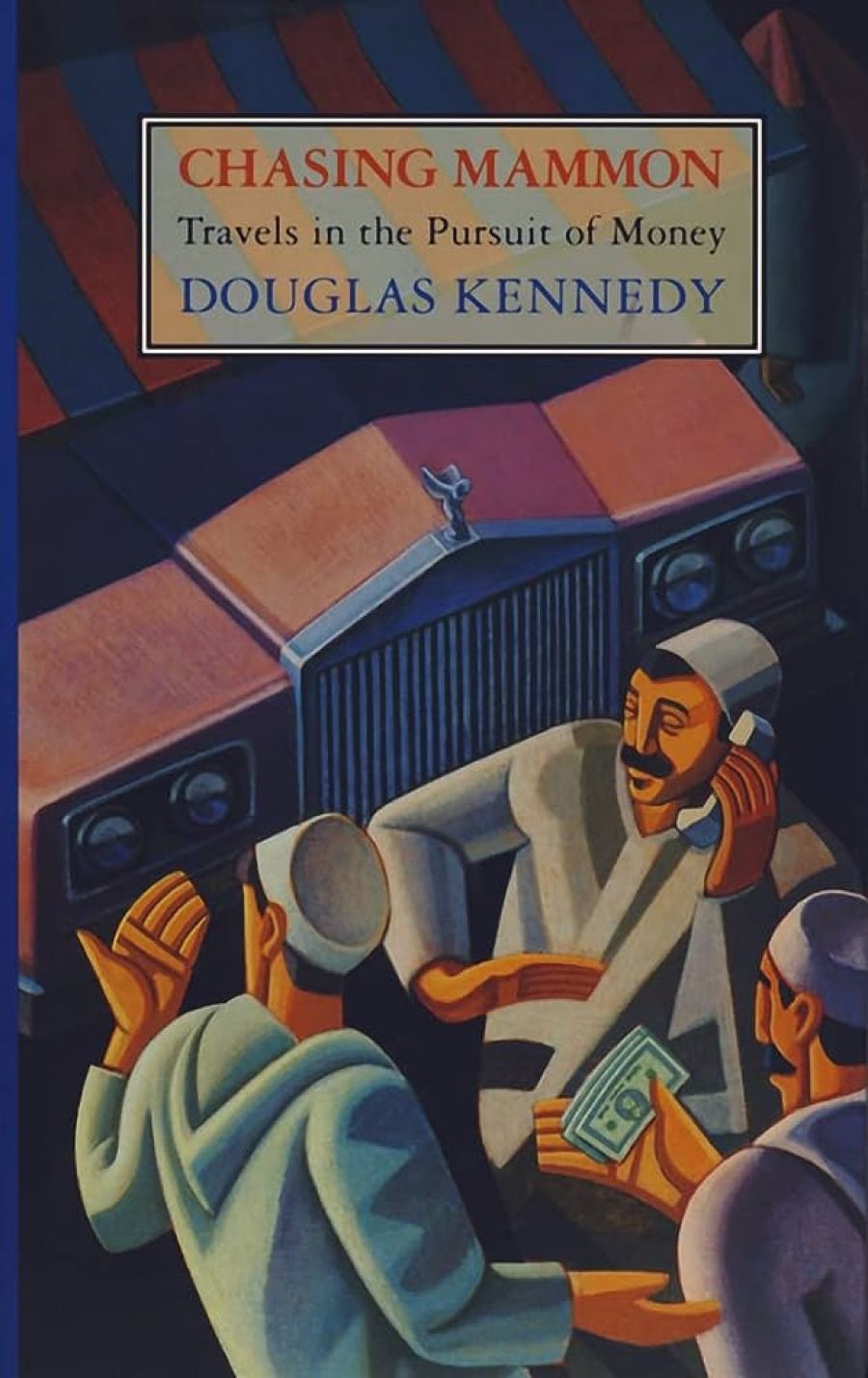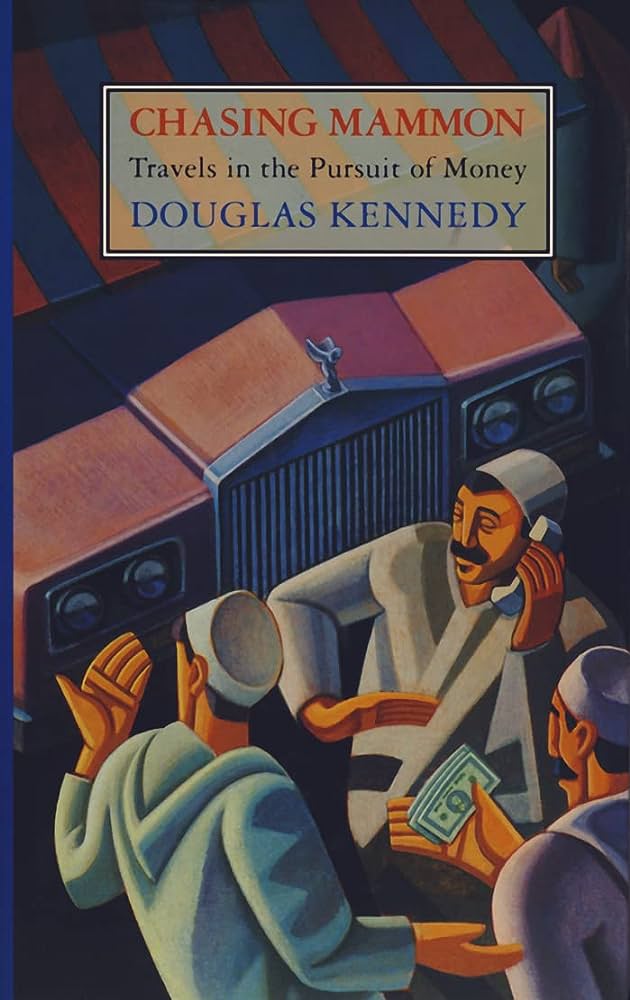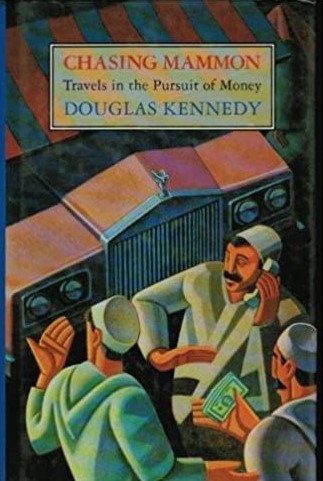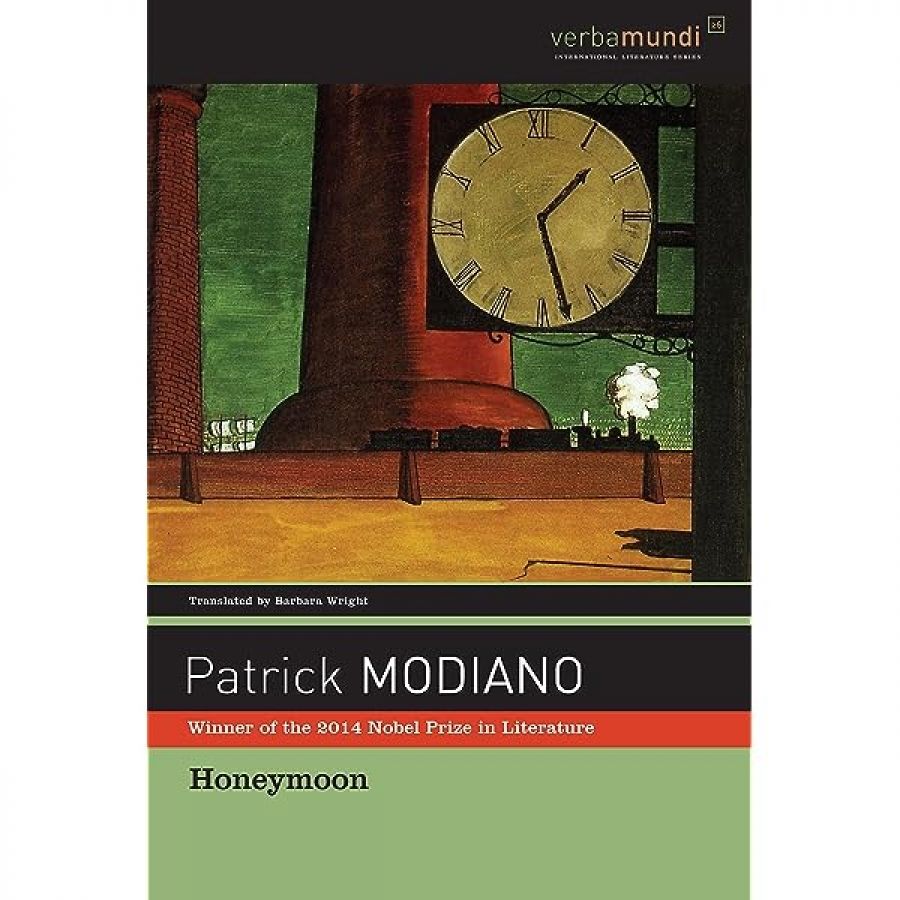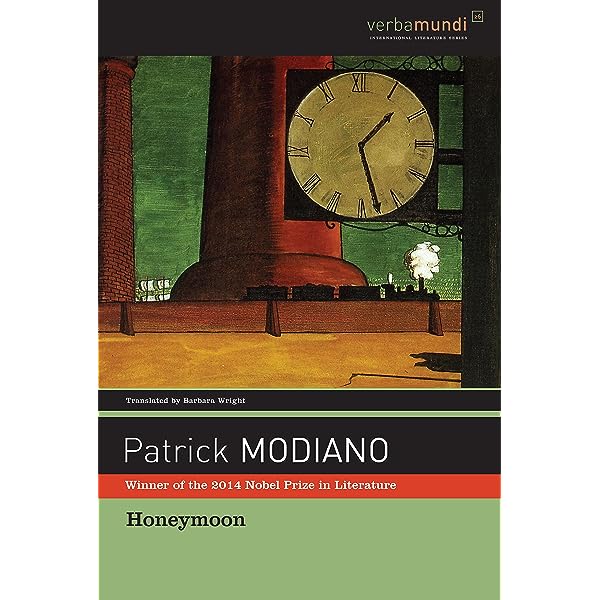This woman was so happy she couldn’t think of anything else.
He had gone to a southern pearling town. Everyone says that western pearls aren’t as good as eastern pearls, and that eastern pearls aren’t as good as southern pearls. A trip to Hepu, a pearling town famous for its southern pearls, wasn’t to be made in vain. Naturally, there was the chance to do a bit of sight-seeing in town, to watch the diving, visit the product displays, sigh in appreciation … Then after that, one would buy a little something as a souvenir.
He bought two necklaces, each one strung with 57 pearls. They were heavy, smooth to the touch, and extraordinarily luxurious and beautiful to wear. On his return, she would certainly be delighted when she saw them.
She was indeed delighted. When her husband took the necklaces out of the bag and asked her to make her choice, she was as excited as a small child.
She weighed the necklaces in each hand, appraising the merits of each one. Although her husband repeatedly said that they had both cost the same amount, she could see a difference. One necklace was longer than the other by the length of a finger. The pearls were the same, glossy and shining, and there were 57 on each necklace. She hadn’t believed this at first, but after counting them pearl by pearl she was convinced.
Her neck was the slightest bit thick and so naturally she chose the longer of the two. With their son still not home from school, she took off her coat, and tried it on. Looking in the mirror, her appearance was instantly transformed. A string of pearls hung over her fair breast and her beautiful neck was enhanced. She was so ravishing that she didn’t notice the astonishment of her husband standing behind her, his gaze admiring nothing less than the beauty of this newly discovered fashion model.
She was so happy wearing this one necklace that she forgot all about the other one.
A happy wife makes for an even happier husband. They had been married for almost ten years, but this was the first time he had ever really bought her anything that could be called a gift. He was extremely grateful to the Association for giving him the chance to go to that pearling town, and was over the moon to see her girlish excitement. So women were that easy to please after all, and their satisfaction did give their men boundless pleasure. The happiness he derived from his wife’s delight in the pearls exceeded the happiness he had once felt when one of his prints was selected for an exhibition in Beijing and awarded a first prize. While they both shared in this happiness, each one was happy in a different way.
Beautiful at home, she was also beautiful when she went out. During the next few days, whenever she wore her necklace to the market, to work, on the bus or at the theatre, her compatriots all stared at her with surprise and lavished praise on this new beauty! Things were even sweeter at home, where, not surprisingly, she showed more than her normal concern for her husband’s well-being.
One day, however, her mood changed abruptly. On the way home from work, as she turned into the market absorbed in her own thoughts, she passed a wealthy-looking young woman also wearing a necklace on her powdered neck. It was a shining pearl necklace, three times more beautiful than hers! Her unconscious was jolted.
‘How come you’re back so late?’ He had arrived fifteen minutes earlier than her. ‘I have to go away tomorrow’
‘……’
‘What is it. Aren’t you well?’
‘I’m well. Why wouldn’t I be well?’ Then she exploded, ‘Tell me, do you still have that other necklace?’
‘Why do you ask? You can’t wear two of them on one neck, can you?’
‘I just wanted to know. Who was it bought for?’
‘I was asked to buy it for someone.’
‘Who?’
‘……’
‘Who? Tell me the truth …’
‘A colleague.’
‘Male or female?’
‘Male …’ He turned slightly pink.
